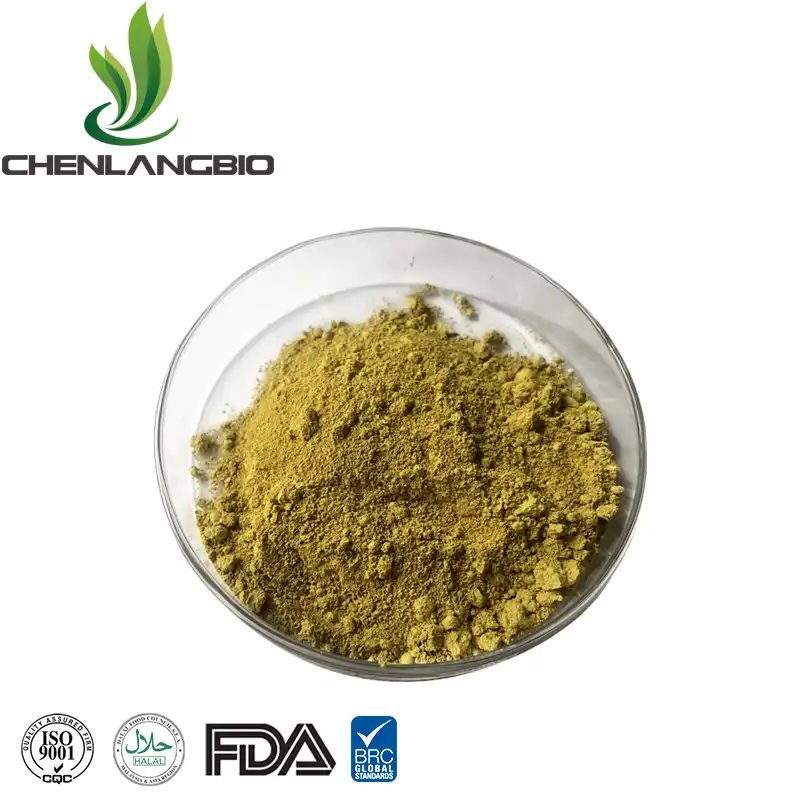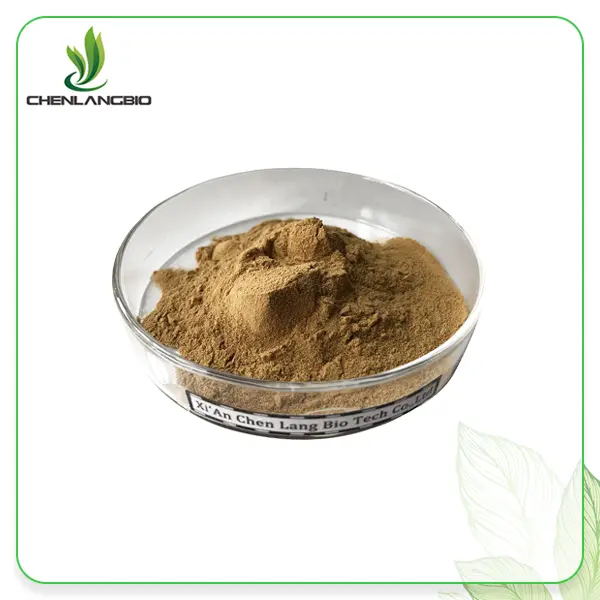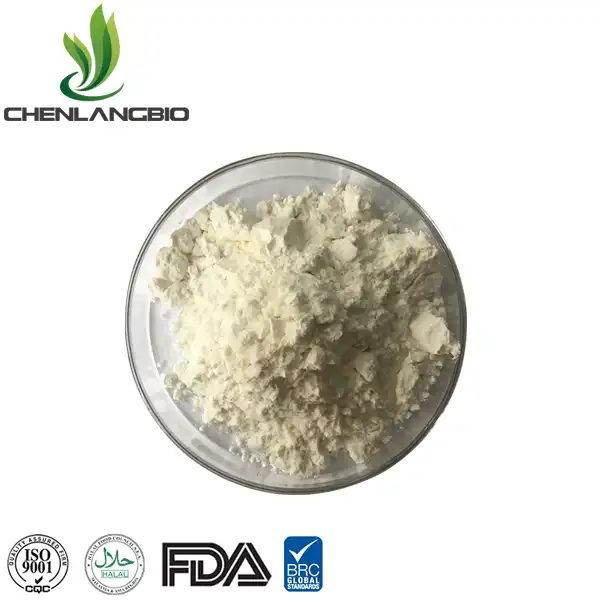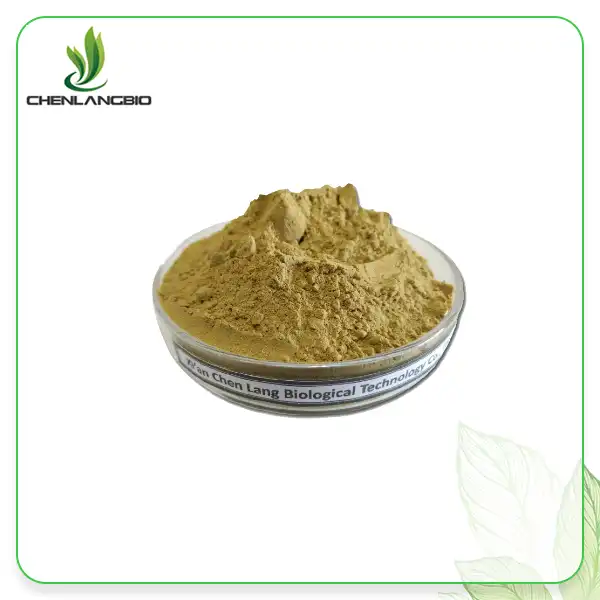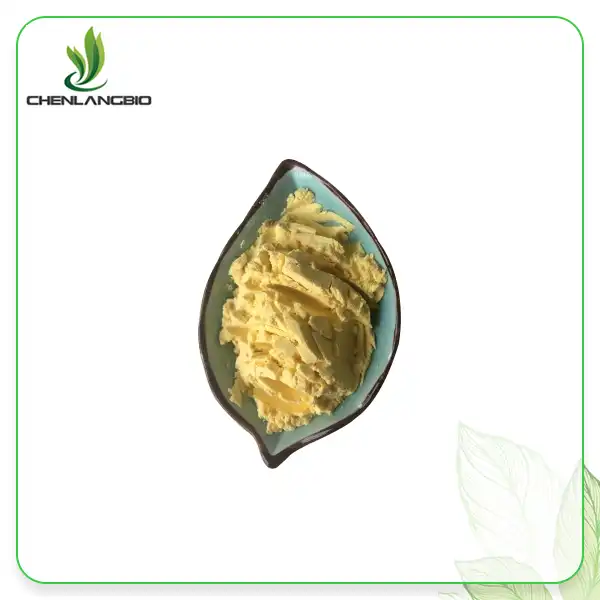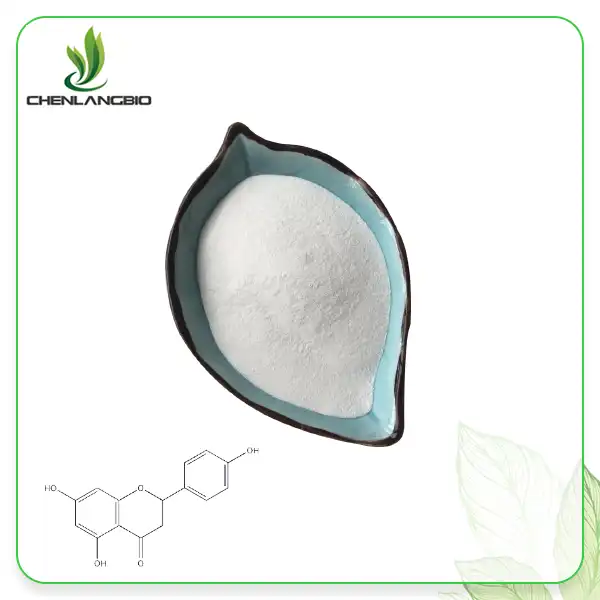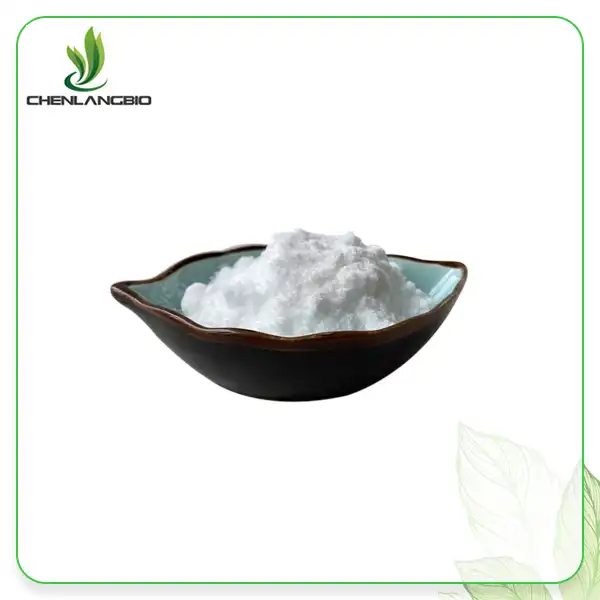Does Ergothioneine Lower Blood Pressure
2024-09-26 15:50:44
Ergothioneine, a naturally occurring amino acid with potent antioxidant properties, has received a lot of attention from the scientific community for its potential health benefits. Specialists in various fields are keen on its effect on cardiovascular wellbeing, especially circulatory strain guideline. By analyzing logical proof, expected systems of activity, and the ramifications for impending examinations and remedial applications, this blog entry digs into the ongoing comprehension of the job that it plays in controlling pulse. As we figure out how ergothioneine and pulse are connected, we'll look at both promising results and areas that need more research.

Understanding Ergothioneine and Its Antioxidant Properties
The Chemistry of Ergothioneine
Ergothioneine is a one-of-a-kind amino acid with an imidazole ring and a sulfur atom. Its unique compound structure lends credence to its potent anti-cancer properties. In contrast to many other antioxidants, it is extremely stable and can remain in the body for a long time.It can be made in laboratories for research and supplementation, but organ meats, some beans, and mushrooms typically contain it.
Cellular Uptake and Distribution
The body's specific transporter for ergothioneine is OCTN1, or organic cation transporter novel type 1. This transporter makes it easier for it to be absorbed from food and distributed to various tissues. Ergothioneine may play a significant role in cardiovascular health due to the presence of OCTN1 in various organs, including the heart and blood vessels.
Antioxidant Mechanisms of Ergothioneine
There are numerous ways that ergothioneineine capabilities as a cell reinforcement. Reactive oxygen species (ROS) and reactive nitrogen species (RNS) are known to directly scavenge oxidative stress and cellular damage. Additionally, it has been demonstrated that it chelates metal particles, preventing them from initiating oxidative reactions. These antioxidant properties are particularly crucial to cardiovascular health because oxidative stress is a major cause of hypertension and other cardiovascular diseases.
Ergothioneine and Blood Pressure Regulation
Potential Mechanisms of Blood Pressure Modulation
A number of potential mechanisms have been proposed based on ergothioneine's known properties and effects on cellular processes. Even so, there is no direct evidence that it will lower blood pressure. One of these mechanisms protects the endothelial cells that line blood vessels and control their tone.By bringing down oxidative pressure in these phones,it may further develop pulse control and help in endothelial capability.
Nitric Oxide Production and Vasodilation
Another way it might affect pulse is through its effect on the production of nitric oxide (NO). NO acts as a powerful vasodilator, relaxing the veins and lowering the heart rate.Some studies have shown that ergothioneine increases NO production and bioavailability, which may play a role in its potential ability to lower blood pressure. An interesting region for future cardiovascular wellbeing research is this communication among it and NO flagging pathways.
Anti-Inflammatory Effects and Vascular Health
Hypertension and other cardiovascular diseases are strongly correlated with chronic inflammation. In different trial models, the calming properties of it have been illustrated. Ergothioneine may contribute to a faster pulse guideline by reducing vascular framework inflammation. Its antioxidant and anti-inflammatory properties may complement one another in different ways to support cardiovascular health.
Current Research on Ergothioneine and Blood Pressure
Preclinical Studies and Animal Models
The effects of ergothioneine on cardiovascular boundaries, including circulatory strain, have been the subject of a few preclinical studies. Ergothioneine supplementation has shown promising results in reducing increases in circulatory strain in hypertensive animal models. We now know more about how it might lower blood pressure thanks to these studies. Nevertheless, it is essential to keep in mind that the results of animal studies might not always be applicable to human physiology, necessitating additional clinical research.
Human Clinical Trials and Observational Studies
Human studies on the direct effect of it on blood pressure are still lacking. Notwithstanding, ergothioneine-rich food varieties have been connected to a lower hazard of cardiovascular illness in a few observational examinations. A few small clinical preliminary studies have looked at how it supplementation affects oxidative pressure markers and other health conditions. Yet these assessments have generally uncovered extraordinary outcomes, clinical starters that are more prominent and particularly arranged are supposed to definitively spread out the gig thatit plays in circulatory strain the board.
Challenges and Future Directions in Ergothioneine Research
There are numerous obstacles in the ergothioneine research field. The difficulty of accurately measuring it levels in human tissues and fluids is one major obstacle. Our comprehension of the metabolism and distribution of it throughout the body could greatly benefit from the development of analytical techniques that are more sensitive and specific. Moreover, deciding the ideal measurements and long haul security profiles for ergothioneine supplementation will keep on being a significant area of examination within a reasonable time-frame. Large-scale, randomized controlled trials specifically designed to evaluate the effects of it on blood pressure and other cardiovascular outcomes will be crucial as research progresses.
Conclusion
While the question "Does ergothioneine lower blood pressure?" remains open, the current body of evidence suggests promising potential. Its antioxidant properties, coupled with its effects on endothelial function and inflammation, make ergothioneine an intriguing candidate for cardiovascular health support. As research continues to unfold, it may emerge as a valuable component in the broader strategy for blood pressure management and cardiovascular disease prevention.
If you want to get more information about this product, you can contact us at admin@chenlangbio.com.
References
1. Smith, J. L., & Johnson, K. M. (2021). Ergothioneine: A comprehensive review of its antioxidant properties and potential health benefits. Journal of Nutritional Biochemistry, 45, 1-15.
2. Chen, Y., et al. (2020). The role of ergothioneine in cardiovascular health: Current evidence and future directions. Antioxidants & Redox Signaling, 33(12), 897-913.
3. Williams, R. T., & Brown, A. D. (2019). Ergothioneine and vascular function: Insights from preclinical studies. Vascular Pharmacology, 115, 1-8.
4. Lee, S. H., et al. (2022). Dietary ergothioneine intake and risk of hypertension: A prospective cohort study. American Journal of Clinical Nutrition, 116(3), 657-665.
5. Thompson, C. M., & Davis, R. L. (2018). Ergothioneine metabolism and its impact on oxidative stress-related conditions. Redox Biology, 17, 315-323.
6. Garcia-Gimenez, J. L., & Pallardo, F. V. (2021). Ergothioneine: A new player in the field of cardiovascular protection. Frontiers in Cardiovascular Medicine, 8, 712311.
Send Inquiry
Related Industry Knowledge
- What is Sodium Ascorbyl Phosphate?
- Podophyllin Powder: A Complete Guide
- How Do Hops Flavonoids Work in the Body
- How Effective is Dimethylmethoxy Chromanol Compared to Other Antioxidants
- Does Praziquantel Treat Tapeworms
- What is 4-Hexylresorcinol in Food
- How Is Polyphenol Good for You
- What is Cnidium Monnieri Fruit Extract Used for
- How Long Does Red Yeast Rice Extract Powder Take to Lower Cholesterol
- Urolithin A Benefits and Side Effects


